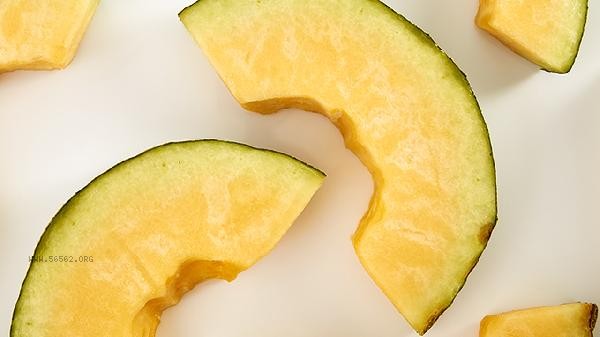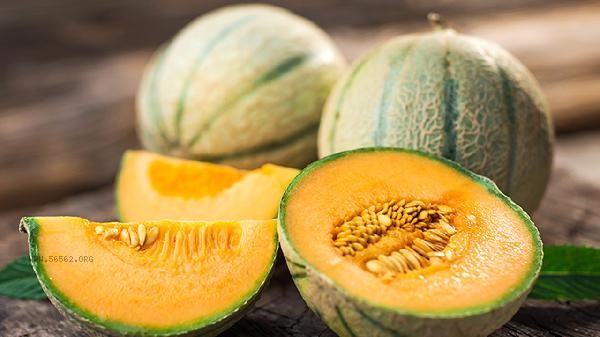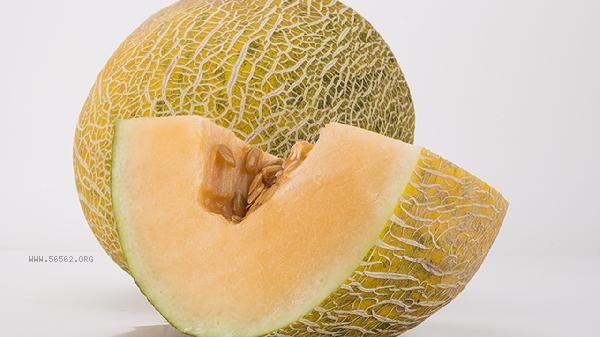After cutting open the cantaloupe, it was found to be too raw. The taste can be improved by ripening or processing. Immature Hami melons have hard flesh and low sweetness, mainly due to premature harvesting or improper storage conditions. If Hami melons become stiff due to premature harvesting, they can be stored in a sealed container with ethylene releasing fruits such as apples and bananas. Keeping them at room temperature for a few days can promote ripening. Ethylene is a natural plant hormone that can accelerate pectinase decomposition and soften fruit flesh. Be careful to avoid direct sunlight and check the softness and hardness daily to prevent excessive maturation and decay. If the stem is still green, it can be stored upside down to help distribute sugar evenly. Some varieties of cantaloupe suffer from physiological disorders due to low-temperature storage, making it difficult to soften even after ripening. At this point, the hard core can be removed, and the slightly soft flesh can be cut into pieces and marinated with a small amount of salt or honey to break down the fiber structure and improve palatability. It can also be made into fruit sauce or mixed with yogurt. High temperature heating can decompose the original pectin. Adding lemon juice during processing can not only enhance the flavor, but also prevent oxidation and discoloration.

When purchasing cantaloupe in daily life, you can lightly press both ends, which has elasticity and better ripeness with fruity aroma. Mature cantaloupe that has not been consumed in a timely manner should be refrigerated and sealed after cutting to avoid cross flavors. People with spleen and stomach deficiency should not eat too much cold melon and fruit. It is recommended to make warm Hami melon Congee or drink it with ginger tea. If any abnormal odor or bitterness is found in the melon meat, it should be immediately stopped from consumption.











Comments (0)
Leave a Comment
No comments yet
Be the first to share your thoughts!